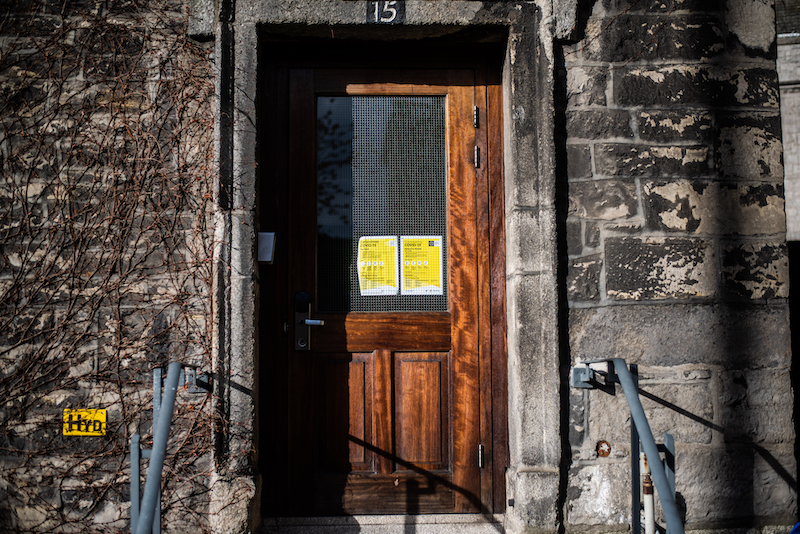Colleges are to remain closed until at least April 19th, Taoiseach Leo Varadkar has said, among a number of new lockdown measures implemented as Ireland battles to slow the spread of the coronavirus pandemic.
In an address today, Varadkar said the measures implemented on March 12th – which saw schools, colleges and creches all over the country shut down – have been extended until April 19th.
Varadkar said: “I’m asking you to stay at home, if at all possible. This is the best way to slow the virus, ensure our hospitals are not overwhelmed and buy us the time that we need.”
He said private hospitals will act as part of the public health system for the duration of the crisis.
The news adds to a decision made earlier this month that saw Trinity close its doors to all but staff and – initially – student residents.
Trinity suspended lectures on March 10th, but opted to continue holding in-person tutorials, laboratory sessions and seminars. The following day, Varadkar announced that all schools and colleges would be closing until March 29th.
Since then, College has announced that all in-person exams are likely to be scrapped and replaced with alternate forms of online assessment.
Last week, uproar ensued after Trinity instructed student residents to vacate its accommodation.
Irish students were given 24 hours’ notice, while international students were told they should “aim to have left their Trinity accommodation” within 48 hours of the announcement.
The following day, this newspaper reported that many international students were scrambling to find a way home – with several reporting huge “stress and anxiety” and many hitting out at the College. One asked: “What the hell were they thinking?”
Over the following days, Trinity relaxed its instruction, advising that students could stay on campus if they faced homelessness, have the virus or are self-isolating, had a family member with the virus, had immigration or visa restrictions, had extremely limited internet connectivity in their home, or are conducting research on campus for a PhD.
These criteria were then extended further to include students whose relatives were immunocompromised and to students who face barriers to travel.







